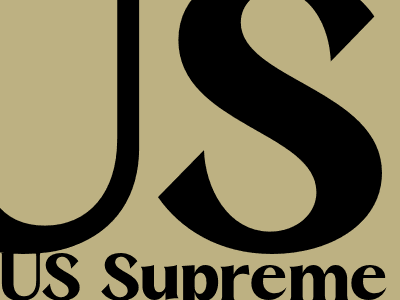
US Supreme Court Rejects Challenge to Alaska Campaign Finance Law
Conservative Justices Uphold Limits on Independent Spending
Decision Could Have Broader Implications for Campaign Finance Regulation
The US Supreme Court has rejected a challenge to Alaska's campaign finance law, upholding limits on independent spending by outside groups in state elections.
The 5-4 decision, written by Justice Samuel Alito, found that the law does not violate the First Amendment rights of speech and association.
The case, Citizens United v. FEC, was brought by a group of conservative organizations that argued that the Alaska law violated their rights to spend money to support or oppose candidates for state office.
The Supreme Court's decision is a blow to conservative efforts to overturn campaign finance restrictions. It is also a victory for state governments that have sought to limit the influence of outside money in their elections.
In the majority opinion, Justice Alito wrote that the Alaska law is "a reasonable and narrowly tailored effort to prevent corruption and the appearance of corruption."
He noted that the law only applies to independent expenditures, which are not coordinated with a candidate's campaign. And he said that the law leaves open other avenues for outside groups to participate in the political process, such as making direct contributions to candidates and forming political action committees.
The dissenting justices, led by Justice Clarence Thomas, argued that the Alaska law is an unconstitutional restriction on political speech.
They said that the law is not necessary to prevent corruption and that it infringes on the First Amendment rights of individuals and organizations to participate in the political process.
The Supreme Court's decision is likely to have a significant impact on campaign finance regulation in the United States.
It could make it more difficult for conservative groups to influence elections in states with similar laws.
It could also lead to more challenges to campaign finance laws in other states.
**Key Points** * The US Supreme Court has rejected a challenge to Alaska's campaign finance law. * The law limits independent spending by outside groups in state elections. * The decision is a blow to conservative efforts to overturn campaign finance restrictions. * It is also a victory for state governments that have sought to limit the influence of outside money in their elections. * The decision is likely to have a significant impact on campaign finance regulation in the United States.